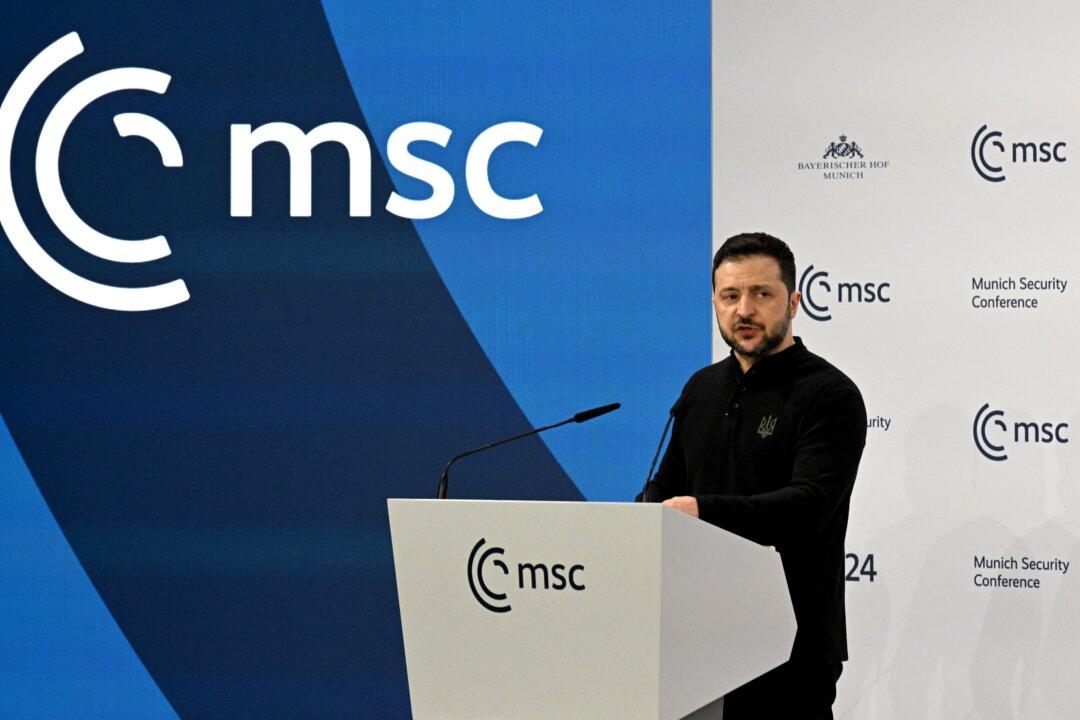The Chinese Communist Party (CCP) is the greatest threat to the American people and nation, according to Sen. Marco Rubio (R-Fla.), who delivered a talk on the dangers posed by Russia and China at the Washington-based think tank Heritage Foundation on March 29.
“They don’t hide it anymore.”
Rubio said that the CCP, under the rule of Party leader Xi Jinping, was engaged in a campaign to undermine the international order and to create a system more favorable to itself by weakening large states and forcing smaller states to become dependent on China.
“They believe in raw power,” Rubio said. “They believe that because they are a big country, their smaller neighbors have to be their tributaries.”
Rubio said that the post-Cold War belief that unfettered free trade and globalism would bring about world peace was U.S. leadership’s “biggest geopolitical blunder.”
He added that “outdated economic interests” were hampering U.S. efforts to counter CCP espionage, and blamed lobbying attempts by major American corporations for the watering down of legislation that would have banned the import of goods made with slave labor in China.
“We’ll never be able to confront the threat before us if our public policy is built solely on the pursuit of corporate profit,” Rubio said.
“We will need a whole-of-society, not just government, whole-of-society effort to match them.”
Rubio said that such an effort was not only being hampered by big business but blamed the Biden administration also for terminating the Trump-era “China Initiative”, a Justice Department (DOJ) counter-espionage program that had been criticized by some as racist.
A DOJ internal review found no evidence of such racial bias in the program but terminated it to avoid the “harmful perception” of bias.
Rubio urged President Joe Biden to reinstate the program and said that working to modify it was preferable to terminating it outright.
“If it needs improvement, let’s improve it,” Rubio said.
Further, Rubio said that continued U.S. reliance on the CCP for manufacturing would ultimately prove a catastrophic national security matter should the United States and China ever be drawn into conflict.
He noted the duress caused by the United States’ attempt to pull away from Russian oil, and said that any attempt to pull away from Chinese business ties during wartime would be much greater. To prevent that, he said that the United States would need to revitalize its own industrial capacity, particularly in critical industries like semiconductors and pharmaceuticals.
“Relying on a hostile adversary for these things and more will leave us vulnerable, will leave us weak,” Rubio said.
“Our dependence on Beijing is a vulnerability we can no longer accept.”
In all, Rubio said that greater domestic unity was required in the United States, and that a renewed focus on the national interest in all spheres of policy was necessary to prevent the erosion of the international liberal order and its replacement with something far more authoritarian.
“Since 2012, Xi Jinping’s words and actions make it clear that Beijing believes it now has enough power to begin to remake the international order in its image,” Rubio said.
“The greatest threat facing America today … the threat that will define this century, is China.”





